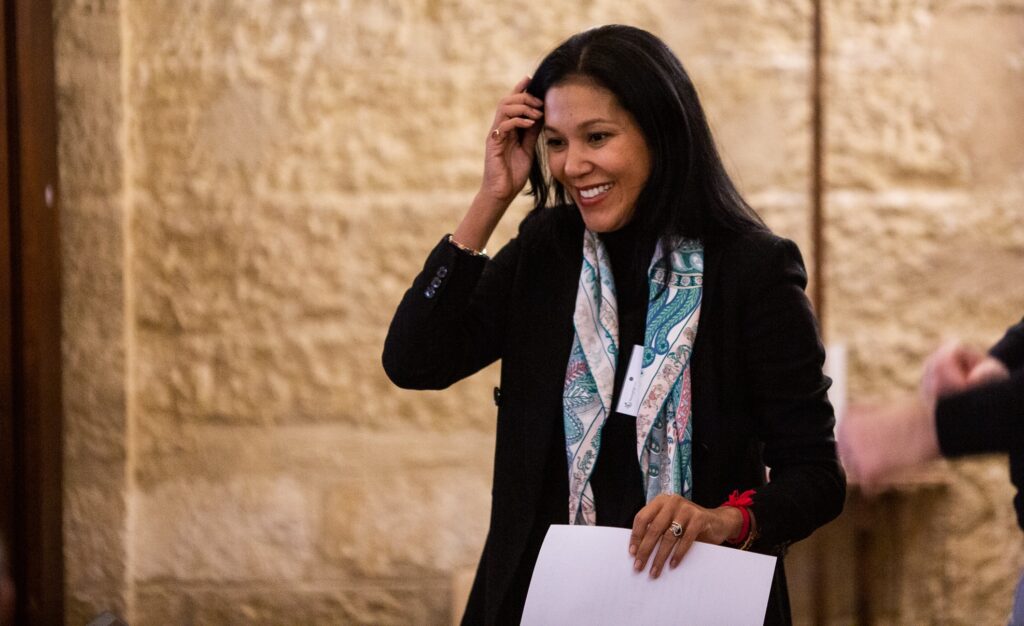The preparations for the 4th Global Foresight4Food Workshop are well underway. A diverse group of participants are expected to join and use this opportunity to share their ideas and insights as well as connect with a growing community of foresight practitioners. In regard to this, we asked Dr. Rathana Peou Norbert-Munns, Sustainable Development, Agrifood System Policies and Climate Foresight Planning Specialist at FAO and a valuable member of the Foresight4Food steering group to share some thoughts and her expectations from the workshop.

The biggest challenge our world is facing that keeps me up at night…
If I had to pinpoint the most significant challenge, it would undoubtedly be climate change. However, as a foresight planning specialist, I’d say that a forward-thinking planning approach helps various stakeholders recognize not only the widely acknowledged issues but also those that are just beginning to emerge, the so-called early signals. These insights enable us to map out risks across multiple time horizons and envision plausible futures and encourage us to rethink our current actions and adopt innovative approaches which are urgently need it. Ultimately, while these concerns sometime disrupt my sleep, it definitely fuels my daily actions with a clear, long-term vision for sustainable change.
What I look forward to in the 4th Global Foresight4Food workshop
My expectations are set high to leverage the tool of Foresight for Food System Transformation effectively. In a global polycrisis, there is a pressing need for innovative and strategic thinking to guide decisions that ensure sustainable food systems.
This year’s theme of the Foresight4Food Global Workshop captures the essence of what we aim to achieve: a shift in how we envision and shape the future of food systems. It promises to be a crucial platform for sharing insights, fostering collaborative efforts, and enhancing the capabilities of practitioners through knowledge exchange and community building. It is an opportunity to connect with a diverse network of experts and stakeholders, all driven by the common goal of transforming food systems for a better future. By creating a safe space for discussion and reflection, the workshop will challenge us to consider innovative accelerators for our work and identify necessary changes in our approaches.
“This year’s theme of the Foresight4Food Global Workshop captures the essence of what we aim to achieve: a shift in how we envision and shape the future of food systems.”
The workshop will also allow us to critically assess vested interests within the food systems, ensuring that our solutions are inclusive and equitable, truly embodying the principle of leaving no one behind.
On a personal level, I expect that the insights I’ll gain from the workshop will be integral to refining approaches developed for key programs in the Asia Pacific region. By learning the latest foresight methodologies and emerging trends, I aim to reflect with an increasing community of practitioners and find avenue to collaborate more effectively with stakeholders to implement resilient and sustainable food policies and practices.
Some ways to make the workshop more effective, my two cents
To ensure the workshop has a lasting impact on cross-sector collaborations and actions towards food system transformation, Foresight4Food must foster an environment of honesty where participants feel secure in openly sharing both challenges and innovative ideas. Encouraging creative and bold thinking is essential, as it will drive the development of groundbreaking strategies that transcend traditional sector boundaries and catalyze meaningful changes through transformative foresight.